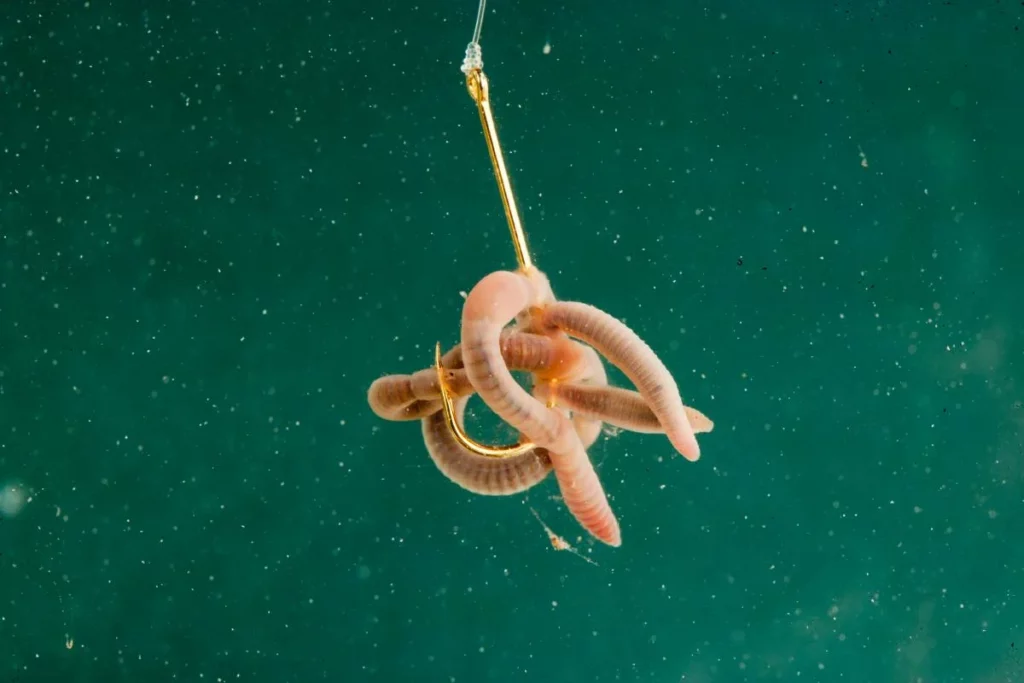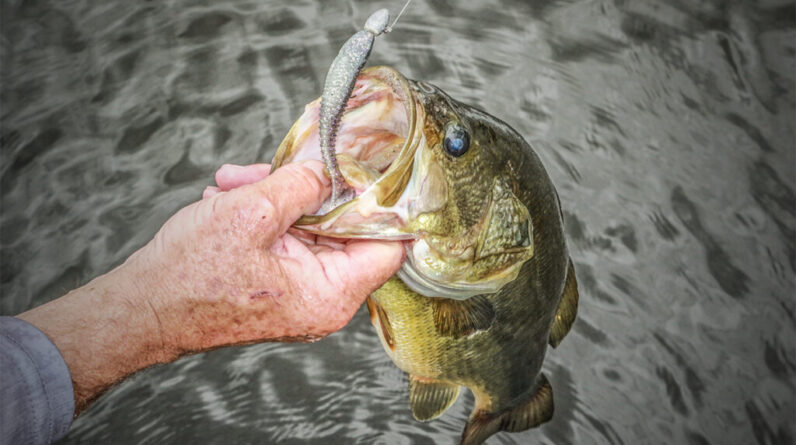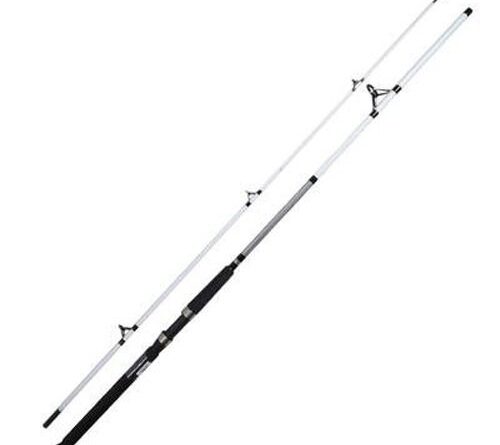Introduction
Fishing, a time-honored tradition and a beloved pastime for many, is an art that goes beyond just casting a line. To truly master the craft, one must delve into the intricate world of fishing baits. In this comprehensive guide, we will explore the fascinating realm of fishing baits, uncovering the science behind their effectiveness and providing insights into the diverse array of baits available to anglers.
I. Understanding the Basics
A. What are Fishing Baits?
Fishing baits are artificial or natural substances used to attract fish. These substances are strategically presented on hooks to entice the targeted species, making them an essential component of any angler’s toolkit.
B. Types of Fishing Baits
- Live Bait: Utilizing live organisms such as worms, minnows, or insects, live bait adds authenticity to the angler’s presentation.
- Artificial Lures: Crafted to mimic the appearance and movement of prey, artificial lures come in various shapes and sizes, ranging from soft plastics to hard-bodied lures.
- Cut Bait: Slices or chunks of fish or other prey animals are employed as cut bait, releasing scent to attract predators.

II. The Science Behind Effective Baits
A. Color and Visibility
Different fish species are attracted to specific colors, and understanding this can significantly improve one’s success. Bright colors are often effective in murky waters, while natural tones work well in clearer conditions.
B. Scent and Flavor
Many fish rely on their sense of smell to locate prey. Baits infused with scents and flavors can be irresistible, triggering a fish’s predatory instincts.
C. Motion and Action
The way a bait moves through the water is crucial. Artificial lures often mimic the erratic movements of injured prey, triggering predatory responses from nearby fish.
III. Popular Fishing Baits
A. Worms
Worms, both live and artificial, are timeless classics. Versatile and readily available, they attract a wide range of fish species.
B. Crankbaits
Crankbaits imitate smaller fish and are effective in attracting predatory species such as bass and pike. They come in various colors and diving depths.
C. Minnow Imitations
These lures replicate the appearance and swimming patterns of minnows, a staple in the diet of many freshwater and saltwater species.
IV. Seasonal Considerations
Understanding the seasonal behavior of fish is vital in selecting the right bait. During spawning seasons, for example, fish may be more aggressive, responding well to fast-moving lures.
V. Tips for Successful Bait Fishing
- Research Your Target Species: Different fish have different preferences. Knowing your target species’ habits and habitats can enhance your bait selection.
- Experiment with Presentation: Altering the speed, depth, and motion of your bait can make a significant difference. Be willing to adapt to the conditions.
- Stay Informed about Local Conditions: Weather, water temperature, and other environmental factors influence fish behavior. Stay updated to adjust your approach accordingly.
Fishing Baits: FAQs
Are Live Baits Better Than Artificial Lures?
Live baits offer a natural appeal, but artificial lures can be equally effective depending on the situation. Experiment and find what works best for your style of fishing.
How Do I Choose The Right Bait For Different Seasons?
Consider the prevalent prey in each season and choose baits that mimic them. Match the hatch to increase your chances of a successful catch.
What’s The Significance Of Scented Baits?
Scented baits appeal to a fish’s sense of smell, triggering their predatory instincts. They can be particularly effective in murky waters or when targeting cautious fish.
Can Electronic Baits Outperform Traditional Lures?
Electronic baits can be highly effective, especially in challenging conditions. However, understanding when and how to use them is crucial for optimal results.
Is Fly Fishing Suitable For Beginners?
Fly fishing has a learning curve, but with practice, it can be rewarding for beginners. Start with basic techniques and gradually advance as you gain experience.
How Often Should I Customize My Baits?
Customizing baits adds a personal touch, but it’s essential to strike a balance. Experiment with modifications, but don’t overlook tried-and-true options that have proven successful.
Conclusion
In the world of fishing, mastering the art of baits is akin to unlocking the secrets of the deep. As anglers, we become storytellers, crafting tales that lure our aquatic counterparts into our world. So, whether you prefer the timeless appeal of live bait or the innovation of artificial lures, the key lies in understanding the nuances that make fishing baits an indispensable part of our pursuit.







1 Comment
Comments are closed.